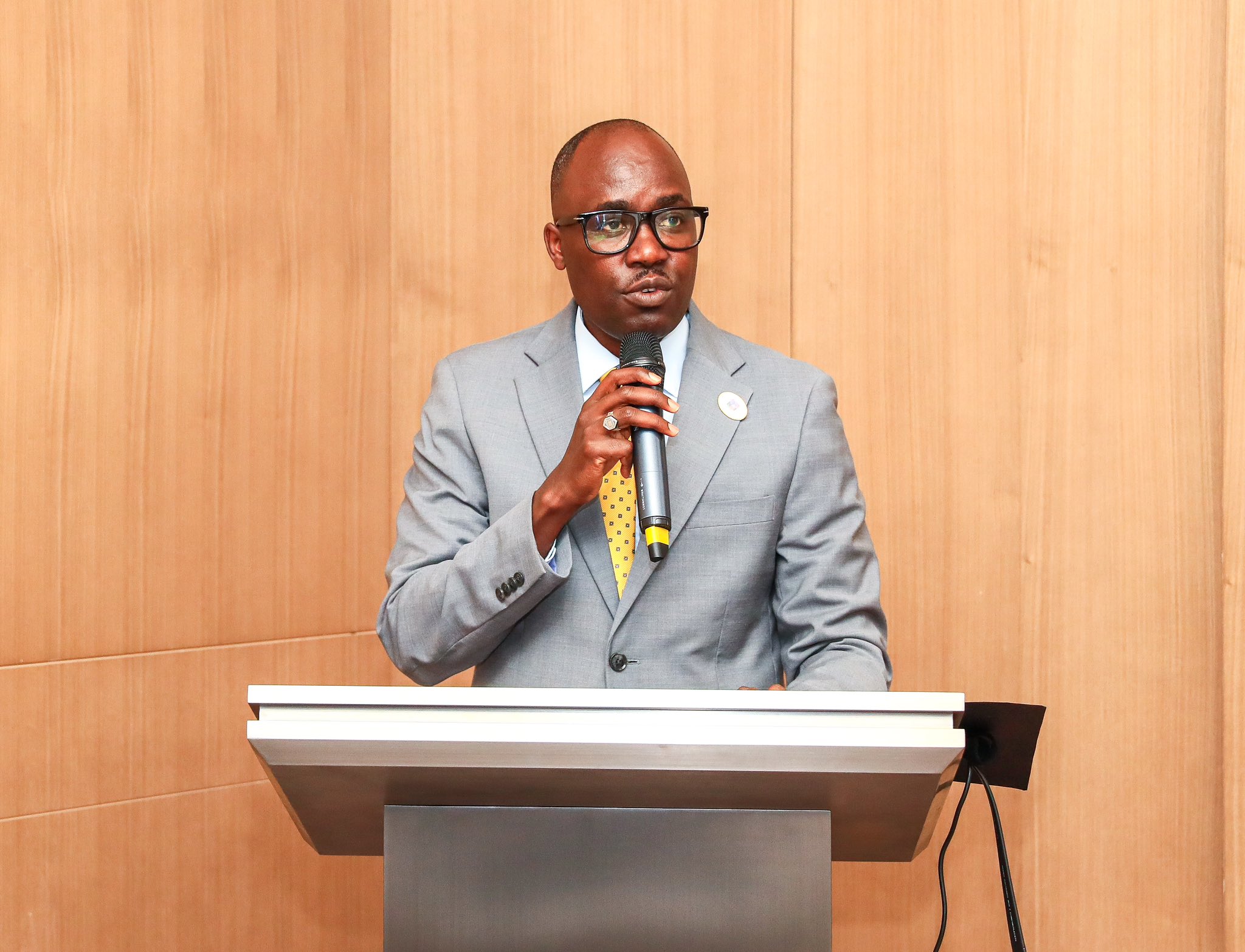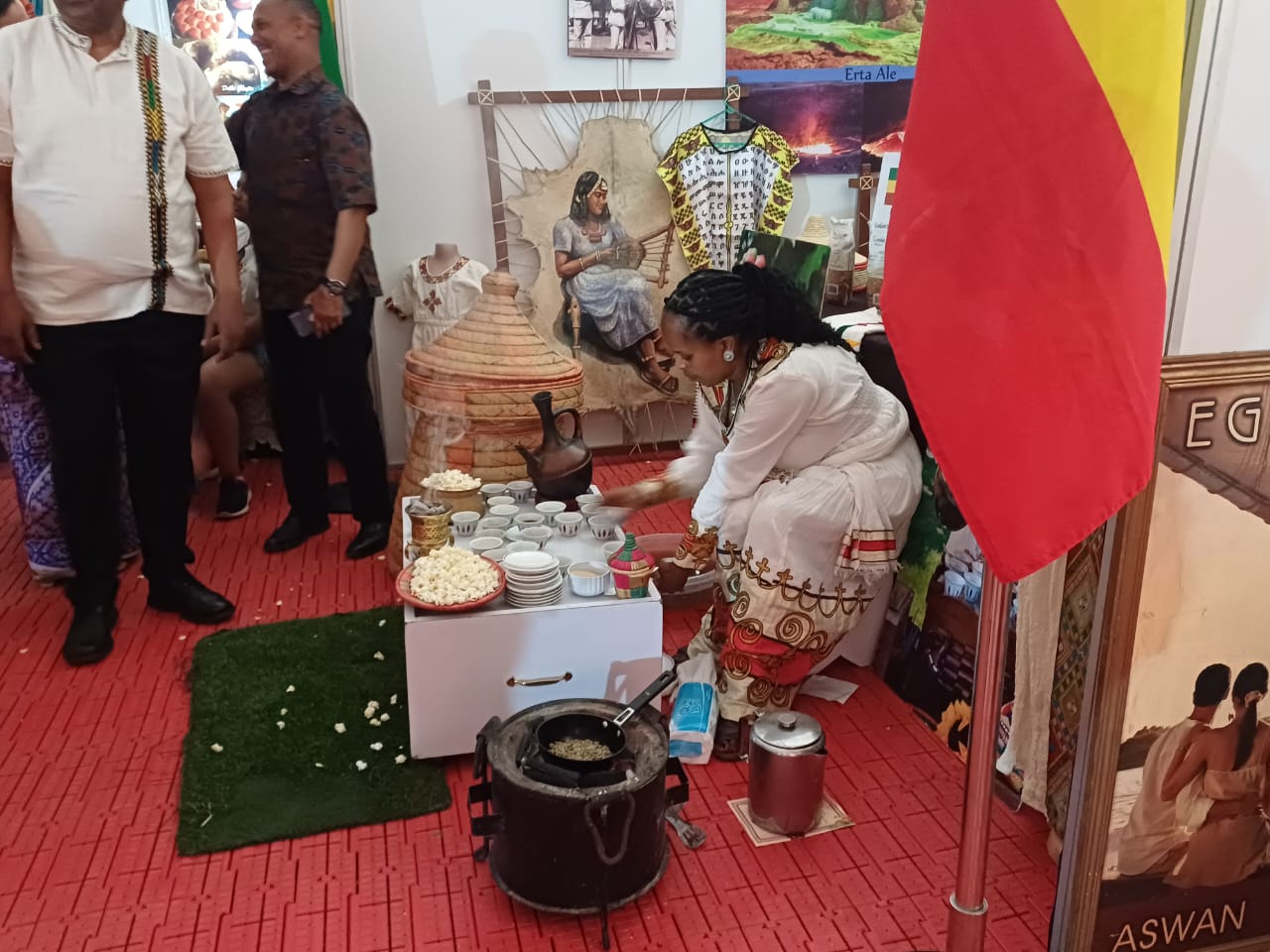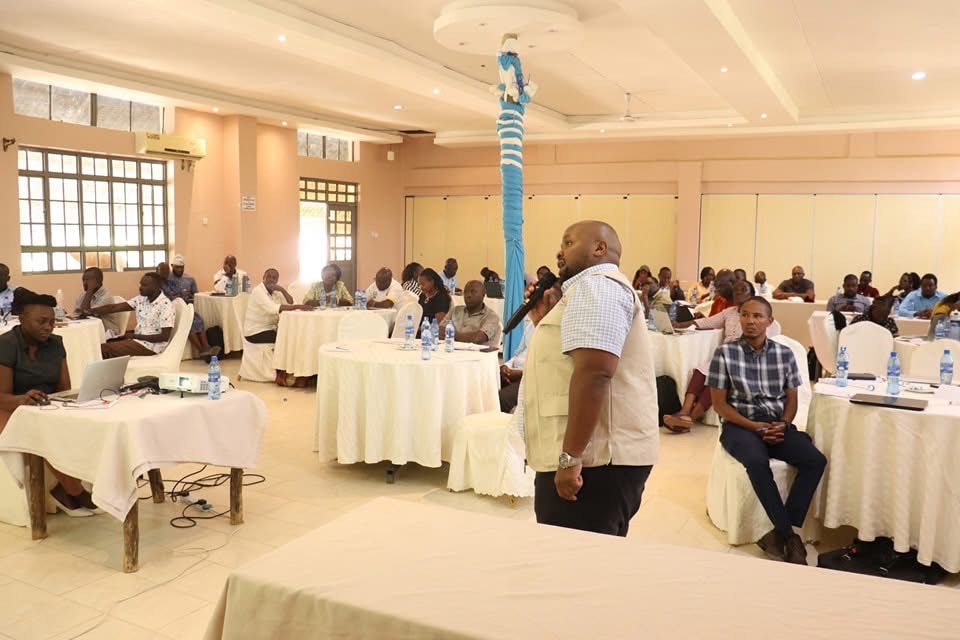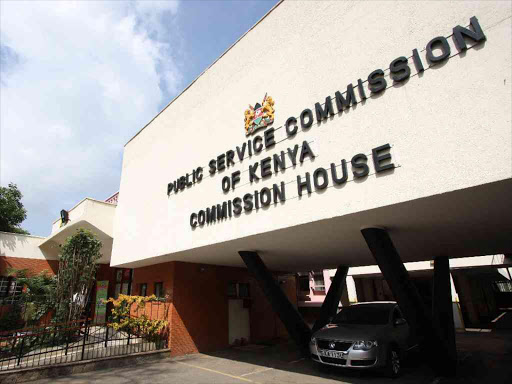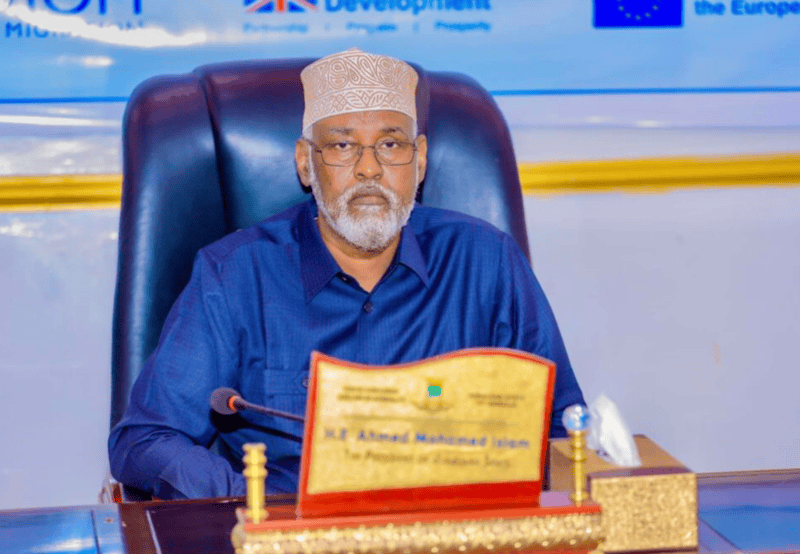Public officials risk penalties for failing to declare gifts exceeding Sh20,000 - EACC
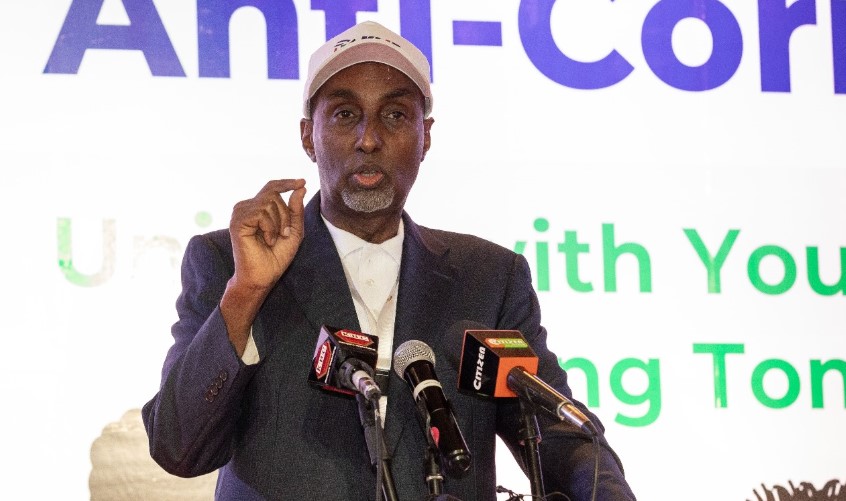
As public scrutiny grows, the EACC has continued to emphasise the need for compliance, aiming to ensure transparency and integrity within public service.
Public officials have been cautioned against accepting gifts worth more than Sh20,000 without declaring and surrendering them, as required by the Ethics and Anti-Corruption Commission (EACC).
The warning comes as the festive season, a period known for exchanging gifts, raises concerns over potential violations.
More To Read
- Senior police officers accused of interfering in private land dispute in Nairobi
- New EACC boss Abdi Ahmed vows to intensify anti-corruption efforts, recover stolen assets
- Fake academic papers, impunity among Kenya’s biggest corruption hurdles – EACC boss
- Senators demand EACC probe into Sh1.3 billion bursary funds misuse by counties
The law mandates public servants to declare and surrender gifts exceeding the set threshold to their respective organisations.
EACC Spokesperson Eric Ngumi raised concerns that many government workers remain unfamiliar with the guidelines.
"The regulations on gifts are still largely unknown among public officials," he told senators during a recent parliamentary session.
Under the Public Officer Ethics Act, non-monetary gifts are permissible but must be declared, while gifts valued above Sh20,000 must be surrendered.
Section 14 of the 2012 Leadership and Integrity Act reinforces this obligation, requiring civil servants to report any gifts received. It also stipulates that public entities maintain a detailed register of gifts received or given, treating gifts presented to state officers during official events as state property.
EACC Chief Executive Officer-designate Abdi Mohamud emphasised the need for compliance, explaining that public officers have 48 hours to declare and surrender gifts to their respective organisations.
"If indeed cows or any other gifts have been donated to a public officer, they should be handed over to the state or the institutions employing them," he said.
The issue of gifts came into focus during the impeachment trial of former Deputy President Rigathi Gachagua. He was accused of receiving undeclared gifts, including cows allegedly donated by people in Rift Valley.
While Gachagua dismissed the claims, attributing part of his wealth to gifts from his late brother Nderitu Gachagua, the former Nyeri governor, EACC officials confirmed they had not investigated the allegations regarding the cows.
The corruption watchdog maintains that the regulations are designed to prevent conflicts of interest and uphold integrity. They prohibit state officers from soliciting or accepting gifts from individuals with vested interests, including those involved in regulated activities or holding contracts with their organisations.
The law further bans the acceptance of gifts made from precious metals, ivory, or other protected animal parts.
Public entities are required to submit their gift registers annually to the EACC. However, the contents of these registers remain confidential and can only be disclosed through a court order.
Abdi highlighted the significance of this confidentiality, adding that the EACC uses the information to determine any breaches and recommend disciplinary measures.
Historical cases also highlight the importance of adherence to these laws.
In the 10th Parliament, then-Prime Minister Raila Odinga declared and surrendered items he received during an official trip to Turkey. The gifts, which included a handmade glass bowl and decorative brass items, were handed over to the National Museums of Kenya for preservation.
Despite the law requiring all government institutions to maintain gift registers, details remain opaque, with no provisions for public disclosure.
As public scrutiny grows, the EACC has continued to emphasise the need for compliance, aiming to ensure transparency and integrity within public service.
Top Stories Today


